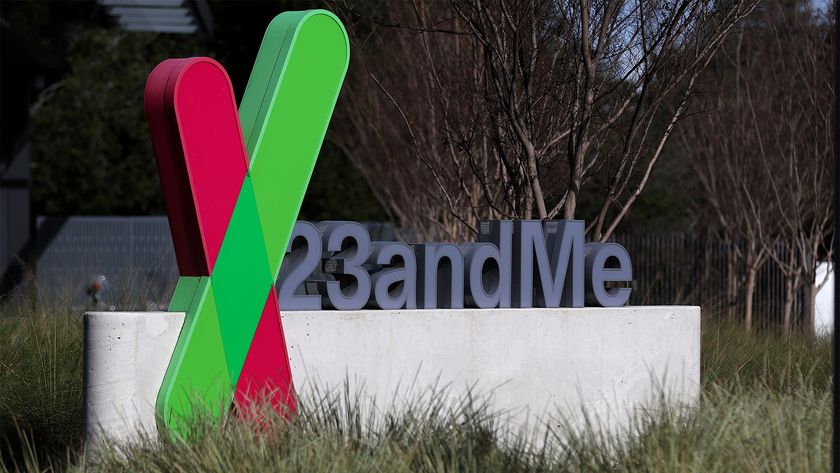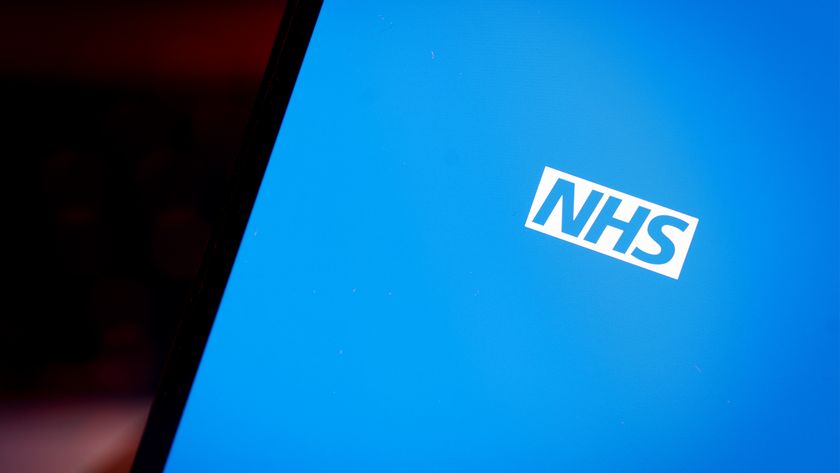
RIM posted a narrower-than-expected loss on Thursday, sparking optimism ahead of the launch of its make-or-break line of next-generation smartphones.
Shares of RIM surged 20 per cent in after-hours trade on indications the company will have plenty of cash to ramp up production of its new BlackBerry 10 devices and mount a robust marketing campaign for the revamped line, due in early 2013.
It was the biggest jump for the stock since a 50 percent surge in December 2003, underlining the importance of the BB10 launch. The company, which has fallen far behind its rivals in a smartphone market it once dominated, has staked its future on the BB10 and its completely redesigned operating system.
RIM's second fiscal quarter brought shareholders additional glimmers of hope, a break from a succession of dreadful quarterly reports. The company not only generated more revenue than Wall Street had forecast but it topped expectations on the number of devices shipped in the period, which ended on September 1.
"It's very impressive," said Jefferies & Co analyst Peter Misek. "I didn't expect they could execute on the business given the models they have in the market, but they obviously did really well in emerging markets."
RIM was also able to bolster its cash pile by collecting on cash owed to the company, drawing down inventories and cutting costs.
It's still bad, but it's a much smaller disaster than expected.
Get the ITPro. daily newsletter
Sign up today and you will receive a free copy of our Focus Report 2025 - the leading guidance on AI, cybersecurity and other IT challenges as per 700+ senior executives
A one-time smartphone pioneer, RIM has failed to keep pace with rivals such as Apple and Samsung, and its stock price has tumbled about 70 per cent over the past year while its market share shriveled.
But the latest quarter showed that RIM is still able to lure buyers for its lower-end smartphones in the more price-conscious emerging markets. And that has helped make up for ground the BlackBerry has lost to cutting-edge devices such as Apple's iPhone and Samsung's Galaxy S III in North America and Europe.
"RIM and its products, however obsolescent, are still relevant in the parts of the planet where most people live," said CCS Insight analyst John Jackson.
"The bad news is that these results have little or no bearing on what remains true, and that is, RIM still needs to execute on BB10."
In an attempt to create a buzz, chief executive Thorsten Heins gave a preview of the new smartphone and its features to app developers at an event on Tuesday in San Jose, California.
Analysts said RIM struck the right chords at the event but cautioned that it is hard to evaluate how well the BB10 devices will work in real world conditions until they are on the market.
"We are now just a few months away from our launch and our teams are working night and day to meet the expectations we have of ourselves," said Heins on a conference call after the results were released on Thursday.
Heins said RIM executives have met with dozens of carriers in more than 16 countries in the last few weeks and the feedback on the new devices so far has been overwhelmingly positive.
ITPro is a global business technology website providing the latest news, analysis, and business insight for IT decision-makers. Whether it's cyber security, cloud computing, IT infrastructure, or business strategy, we aim to equip leaders with the data they need to make informed IT investments.
For regular updates delivered to your inbox and social feeds, be sure to sign up to our daily newsletter and follow on us LinkedIn and Twitter.














